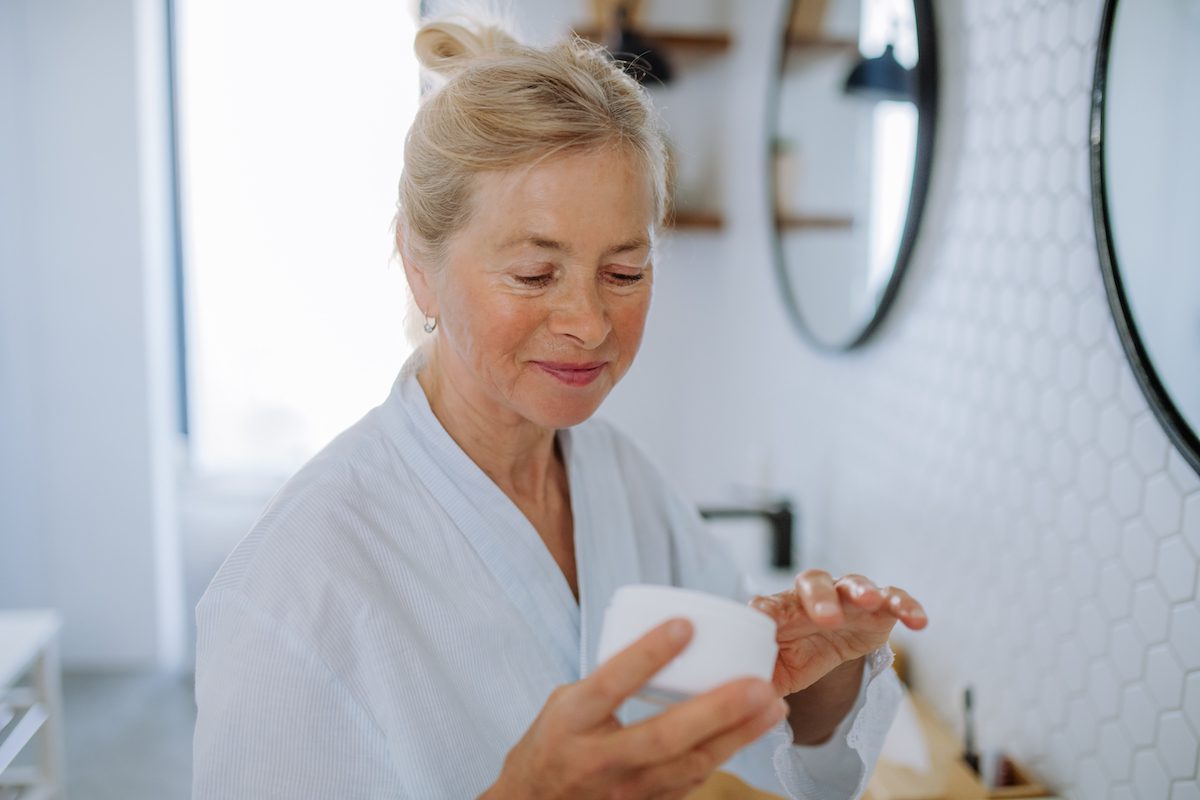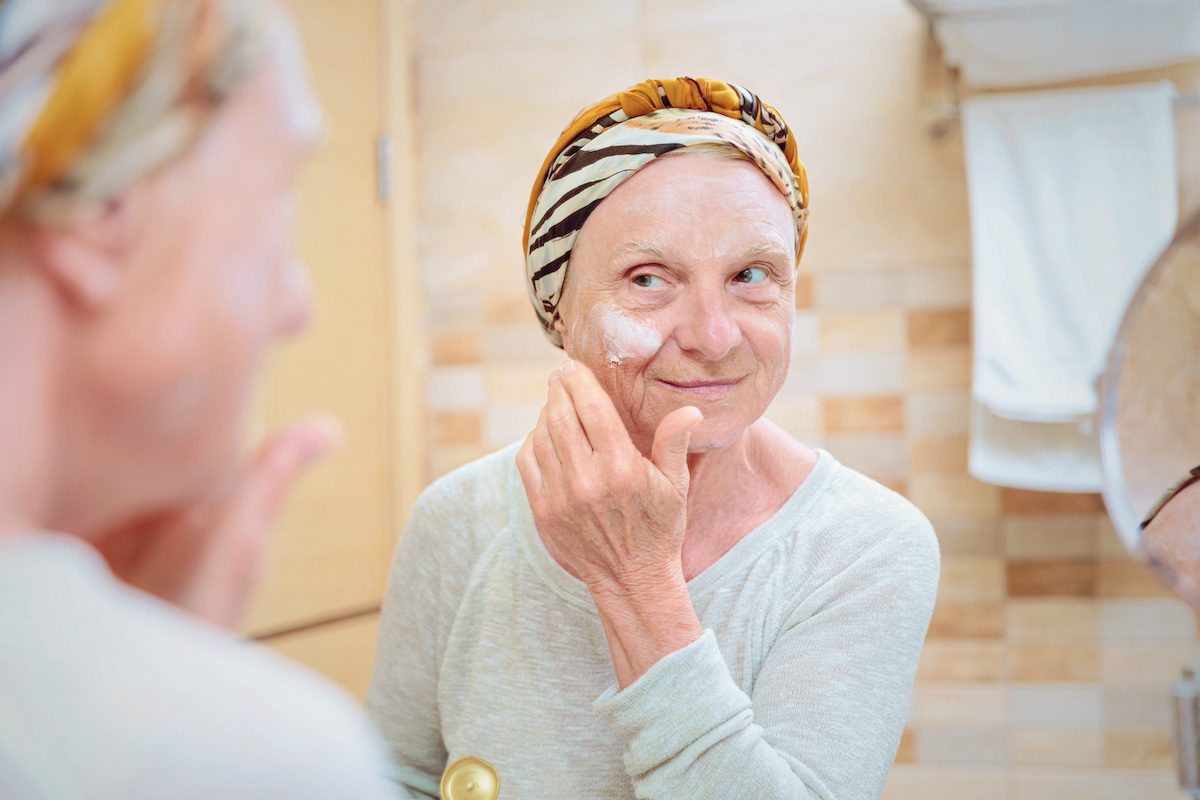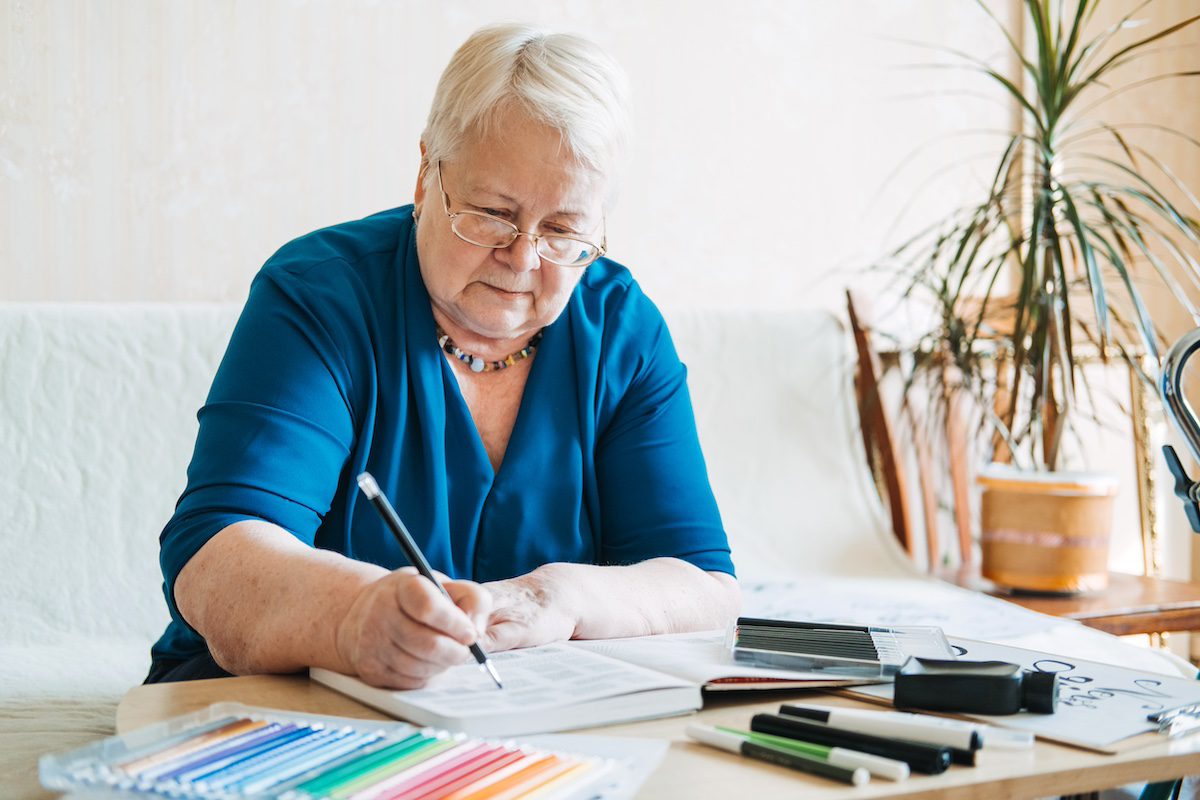As the years go by, the natural aging process takes a noticeable toll on our skin. This incredible organ, which has served as our protective shield throughout our lives, undergoes significant transformations.
With each passing year, it becomes thinner, drier, and less elastic, creating a canvas that exhibits the passage of time. These changes often give rise to a host of skin concerns, from the emergence of fine lines and wrinkles to the development of age spots and a general loss of that youthful radiance.
However, it’s important to understand that while aging is an inevitable part of life, its effects on our skin can be managed and mitigated with proper care and attention.
In this article, we embark on a journey to explore the essential tips and strategies that can empower seniors to nurture their skin and embrace the aging process gracefully.
Common Skin Care Concerns for Elderly Individuals
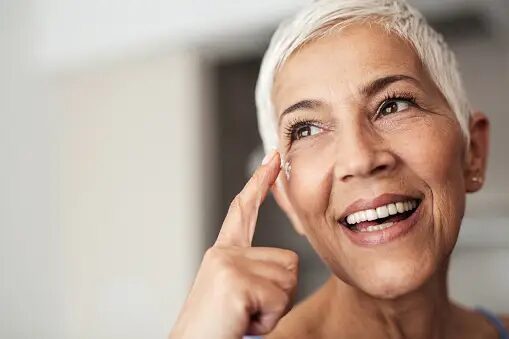

As we age, our skin undergoes significant changes, and various skin care concerns become more prevalent among elderly individuals.
One common concern is dryness, as aging skin tends to produce fewer natural oils, leading to itchiness and flakiness. Wrinkles and fine lines are also common, resulting from a decrease in collagen and elastin production.
Another issue is age spots or sunspots, caused by years of sun exposure. Additionally, fragile skin is more susceptible to bruising and tearing.
Understanding and addressing these skin care concerns is essential for promoting the health and comfort of elderly individuals, allowing them to enjoy their golden years with confidence and vitality.
Understanding the Aging Process
Before delving into specific skin care tips for seniors, it’s crucial to understand how the aging process affects the skin. Aging leads to a decrease in collagen production, reduced oil secretion, and slower cell turnover, resulting in wrinkles, fine lines, and sagging skin.
Hydration Matters
One of the key aspects of senior skin care is maintaining adequate hydration. Dehydrated skin can exacerbate the appearance of wrinkles and make the skin feel tight and uncomfortable.
Drinking plenty of water and using moisturizers tailored for mature skin can help retain moisture and improve skin elasticity.
Gentle Cleansing
Seniors should opt for gentle, hydrating cleansers that do not strip away natural oils. Avoid harsh soaps and excessive scrubbing, as these can irritate the skin and worsen dryness.
Sun Protection Is Non-Negotiable
Protecting the skin from harmful UV rays is essential at any age. Seniors should use broad-spectrum sunscreen with an SPF of at least 30, wear protective clothing, and avoid prolonged sun exposure, especially during peak hours.
Nutrient-Rich Diet
A well-balanced diet rich in vitamins and antioxidants can do wonders for senior skin. Foods like fruits, vegetables, and fatty fish provide essential nutrients that promote skin health and combat the signs of aging.
Regular Exercise
Exercise increases blood flow, which nourishes the skin and promotes a healthy complexion. Seniors should engage in regular physical activity to maintain youthful-looking skin.
Quality Sleep
Getting adequate sleep is crucial for skin regeneration and repair. Aim for 7-8 hours of quality sleep each night to wake up with refreshed and rejuvenated skin.
Stay Stress-Free
Chronic stress can accelerate the aging process and lead to skin problems. Seniors should practice relaxation techniques such as meditation, yoga, or deep breathing exercises to manage stress effectively.
Skincare Routine
Establishing a consistent skincare routine is paramount for senior skin care. This routine should include cleansing, toning, moisturizing, and the use of targeted anti-aging products.
Consult a Dermatologist
Seniors should consider consulting a dermatologist for personalized skincare recommendations. Dermatologists can address specific concerns and prescribe treatments tailored to individual skin types.
Embrace Natural Remedies
Natural remedies like aloe vera, coconut oil, and honey can provide gentle nourishment to senior skin. These ingredients are known for their soothing and hydrating properties.
Avoid Smoking and Limit Alcohol
Smoking and excessive alcohol consumption can accelerate skin aging. Quitting smoking and moderating alcohol intake can significantly benefit skin health.
Caring for Your Skin During Hospice Care
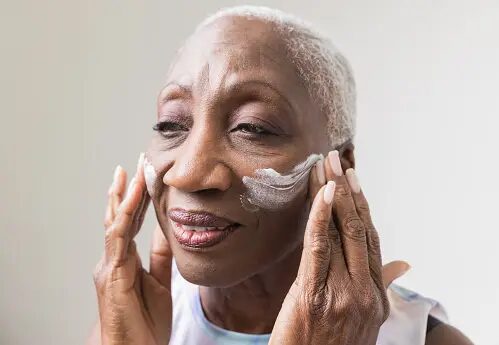

Hospice care is a compassionate approach to end-of-life care, focusing on enhancing the quality of life for individuals with terminal illnesses.
While the primary goal of hospice care is to ensure comfort and emotional well-being, it’s essential not to overlook the importance of maintaining skin health during this period.
Gentle Cleansing and Moisturization
For patients in hospice care, skin can become increasingly fragile due to various factors, including immobility and medications. Gentle cleansing with mild, hypoallergenic products is crucial to prevent skin breakdown and irritations.
Avoid using harsh soaps or excessive scrubbing, as these can exacerbate skin problems. After cleansing, applying a moisturizer specifically designed for sensitive skin can help retain moisture and protect against dryness and itching.
Pressure Ulcer Prevention
Patients in hospice care are often bedridden or spend extended periods in chairs or wheelchairs. Prolonged pressure on certain areas of the body can lead to pressure ulcers, also known as bedsores.
Caregivers should regularly reposition patients to relieve pressure on vulnerable areas, such as the heels, elbows, and sacrum. The use of pressure-reducing cushions and mattresses can also help prevent the development of pressure ulcers.
Hydration and Nutrition
Proper hydration and nutrition are essential for maintaining skin health. Hospice patients may lose their appetite or experience difficulty in swallowing, but it’s crucial to provide them with adequate fluids and nutrition.
Dehydration can lead to dry, flaky skin and can make the skin more susceptible to injuries.
Skin Assessment and Care Plans
Regular skin assessments by healthcare professionals are essential during hospice care. These assessments can identify early signs of skin issues, allowing for prompt intervention.
Care plans should be tailored to the individual patient’s needs, addressing concerns such as skin breakdown, wounds, or rashes.
In hospice care, ensuring the comfort and dignity of patients is of paramount importance. By paying attention to skin care and addressing skin-related concerns, caregivers can contribute to the overall well-being and comfort of individuals during their end-of-life journey.
Effective skin care not only prevents discomfort but also helps maintain the patient’s sense of dignity and self-esteem, which are central aspects of hospice care.
Final Thoughts
Senior skin care is all about maintaining the health and radiance of your skin as you age gracefully. By following these tips and being consistent in your skincare routine, you can enjoy healthy, glowing skin well into your golden years.
